On December 16, Beata Bruggeman-Sekowska was a guest on Dutch Public Radio NPO1 for an in-depth, hour-long interview with Merel Wielaert. The discussion expanded on her earlier publication in the Dutch newspaper Trouw, titled “Georgia Also Fights for the Safety of Europe.” During the interview, Bruggeman-Sekowska delved into the historical context of Russian oppression behind […]
By Beata Bruggeman-Sekowska 65 years ago on the 28 June of 1956, at 6 a.m. Poznań ( city in the western part of Poland) riots started at the multifactory complex of Joseph’s Stalin’s (or ‘Cegielski’s) Metal Industries. Approximately 100,000 people gathered in the city centre near the local Ministry of Public Security building demanding better […]
On March 18 Beata Bruggeman-Sekowska, president of EIOCO, was interviewed by Polish news broadcasting internationally. She elaborated on the vision, purpose and the activities of our Institute. She explained that the knowledge about communism is often not correct in western Europe and that various stereotypes are perpetuated which shed the wrong light on this issue. […]
On September 28 the Montesquieu Institute published an analysis by Beata Bruggeman-Sekowska. She expresses her concerns about some similarities between actions taken by the ruling party in Poland and totalitarian communist tactics. She stresses that Poland faces various issues and is on the crossroads again. Polish déjà vu Beata Bruggeman-Sękowska 40 years ago Poland […]
Beata Bruggeman-Sękowska On September 17 about 1 million troops of the Red Army crossed the eastern borders of Poland starting the red invasion of Poland. It was sixteen days after Nazi Germany invaded Poland from the west. The invasion ended on 6 October 1939 with the two-way division and annexation of the entire Second […]
Beata Bruggeman-Sekowska When the Polish government under Edward Gierek introduced new food price increases in the summer of 1980 and Poland faced big international debt and shortages of supplies, a wave of labor unrest was stirred in the country. In July a series of strikes started in Lublin and on 14 August 1980 a […]
Beata Bruggeman-Sekowska In the early hours of Aug. 21, 1968 the Warsaw Pact countries following the Soviet orders invaded Czechoslovakia in order to bring to an end the Prague Spring reform movement. The Prague Spring movement intended to end Soviet totalitarian system. The invasion led to the appointment of Moscow-affiliated leaders and the return […]
Beata Bruggeman-Sekowska In the Slovenian town of Bled you can visit a very interesting villa which serves now as a luxury hotel but it used to be a luxurious summer residence of communist President Josip Broz Tito. President Tito maintained a lavish lifestyle. Besides the Summer Residence in Bled he stayed in Belgrade, capital of […]
Beata Bruggeman-Sekowska Interview with Ilze Burkovska Jacobsen, director of ‘’My favourite War’’ animated film about her life under communism. The premiere in Latvia of ‘’My favourite War’’ is planned in March 2020. Ilze Burkovska Jacobsen Beata Bruggeman-Sękowska: I watched fragments of your almost 80 minute animated documentary based on your life ’’My favourite […]
Beata Bruggeman-Sekowska Interview with Claudia Heinermann, a prize-winning author of Wolfskinder and an author of a new Trilogy: ‘Siberian Exiles’. Beata Bruggeman-Sekowska: You are the author of the prize-winning book Wolfskinder A Post-War Story. And since 2016 you have been working on a very special project devoted to the oppression of communism, abuse of […]


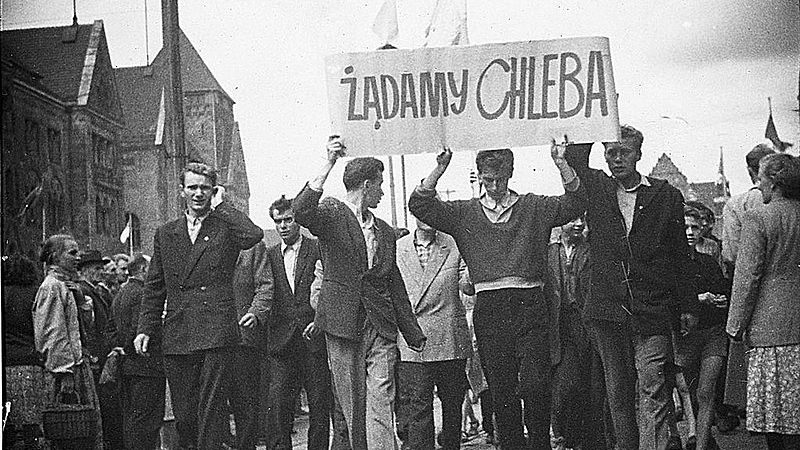
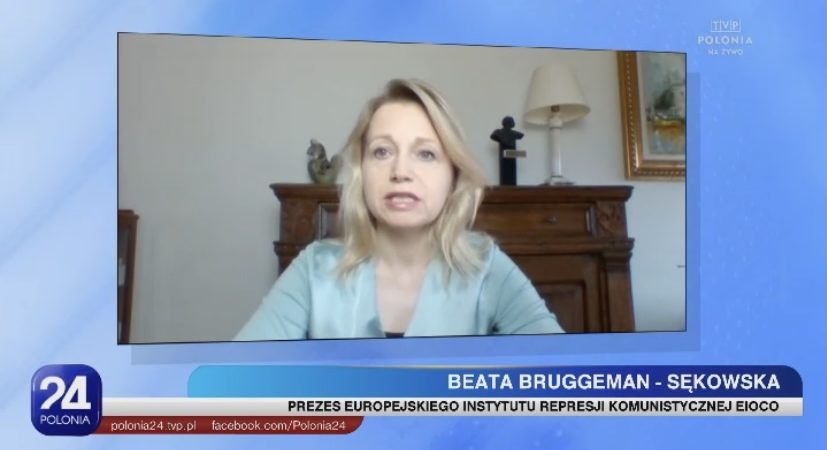
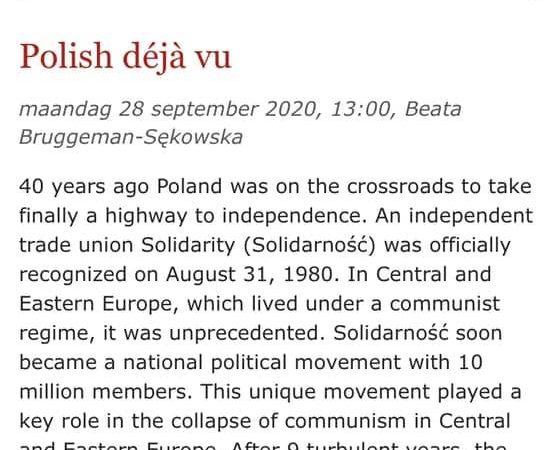

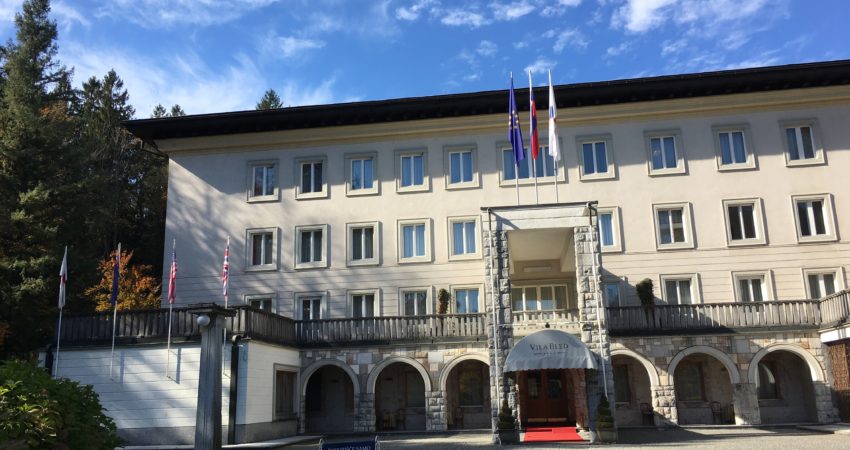
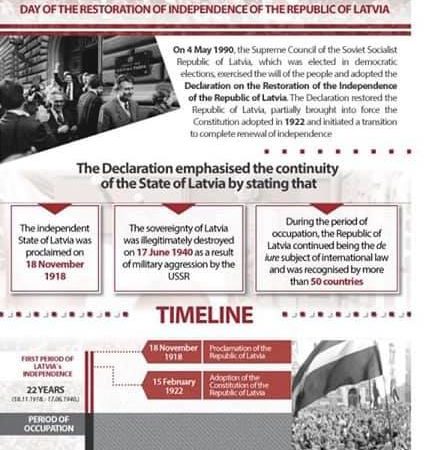
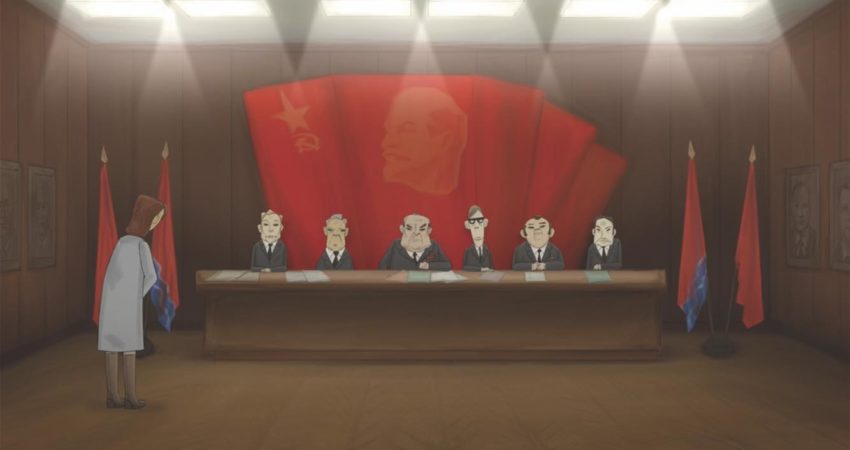
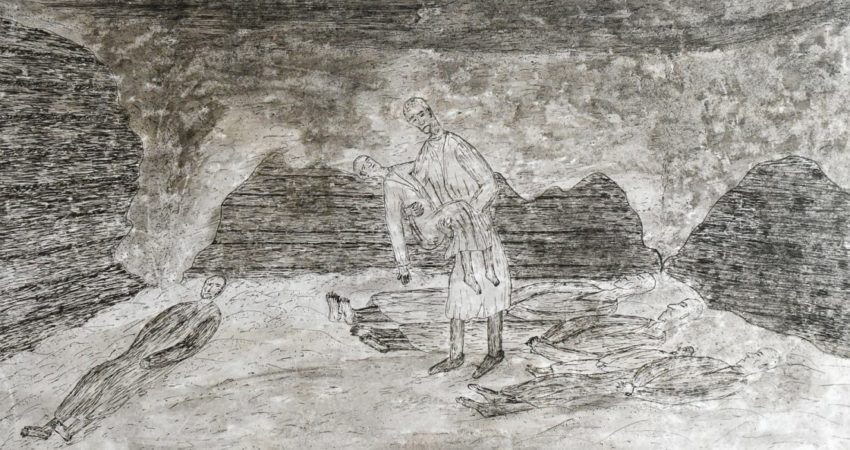
Follow Us!